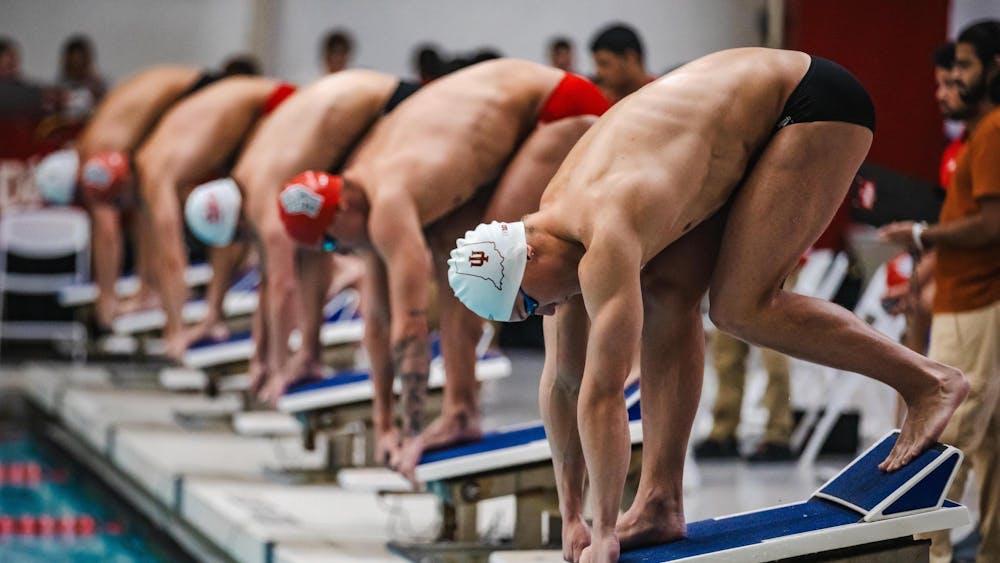Marion Jones has given up the five medals she won at the Sydney Olympics, days after admitting she used performance-enhancing drugs.\nIt wasn’t immediately clear where the medals are now. Jones’ lawyer, Henry DePippo, said Monday that she had relinquished them, but declined to say who had possession of them. The normal protocol would be for Jones to give them to the U.S. Olympic Committee, which then would return them to the International Olympic Committee, said International Olympic Committee spokeswoman Giselle Davies.\n“The IOC wants to move forward as quickly as possible in getting the facts and sorting out all the issues from the BALCO case,” Davies said.\nA call to the U.S. Olympic Committee was not immediately returned, but the group has scheduled a 7 p.m. EDT news conference. No one answered the door at Jones’ house in Austin, Texas.\nShe pleaded guilty Friday to lying to federal investigators about using steroids, saying she’d taken “the clear” from September 2000 to July 2001. “The clear” is the designer steroid that’s been linked to the Bay Area Laboratory Co-Operative, the lab at the center of the steroids scandal in professional sports.\nIt wasn’t immediately clear what will happen next. The international committee and other sports bodies can go back eight years to strip medals and nullify results. In Jones’ case, that would include the 2000 Olympics, where she won gold in the 100 meters, 200 meters and 1,600 relay and bronze in the long jump and 400 relay.\nThe standings normally would be readjusted, with the second-place finisher moving up to gold, third to silver and fourth to bronze.\nPauline Davis-Thompson of the Bahamas was the silver medalist in the 200 meters and Tatiana Kotova of Russia was fourth in the long jump. The silver medalist in the 100 meters in Sydney was Greek sprinter Katerina Thanou – at the center of a major doping scandal at the Athens Olympics.\nShe and fellow Greek runner Kostas Kenteris failed to show up for drug tests on the eve of the games, claimed they were injured in a motorcycle accident and eventually pulled out. Both later were suspended for two years.\nThe relays could be a trickier issue, because there are more people involved. Jearl Miles-Clark, Monique Hennagan, Tasha Colander-Richardson and Andrea Anderson all won golds as part of the 1,600-meter relay. Jamaica finished second.\nChryste Gaines, Torri Edwards, Nanceen Perry and Passion Richardson were on the 400-meter relay, which finished third ahead of France.\nJones stands to lose more than her Olympic medals, too. The International Association of Athletics Federations can strip athletes of results and medals after notification of a doping violation, and it said last week it was waiting to hear from the U.S. Anti-Doping Agency. Jones won a gold (100 meters) and bronze (long jump) at the 1999 worlds in Seville, Spain, and two gold (200 and 400 relay) and a silver (100) at the 2001 championships in Edmonton.\nThe federation’s rules also allow for athletes busted for doping to be asked to pay back prize money and appearance fees. British sprinter Dwain Chambers, who admitted to using the clear, had to pay back a reported $230,615 before he was allowed to return to competition after a two-year ban.\nIt’s unclear whether this would be applied to Jones, who would have earned millions in prizes, bonuses and fees from meets all over the world, including a share of the $1 million Golden League jackpot in 2001 and 2002.
Lawyer: Marion Jones returns 5 Olympic medals from 2000 Sydney Games
Get stories like this in your inbox
Subscribe





